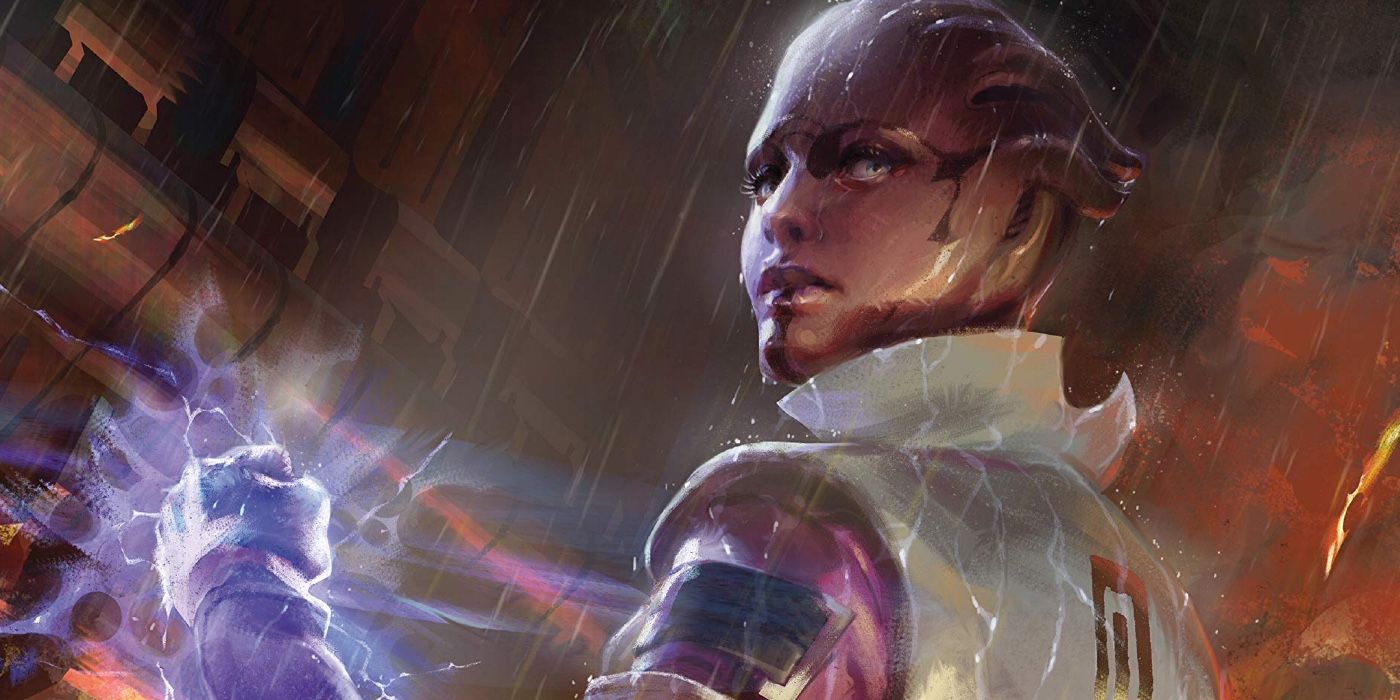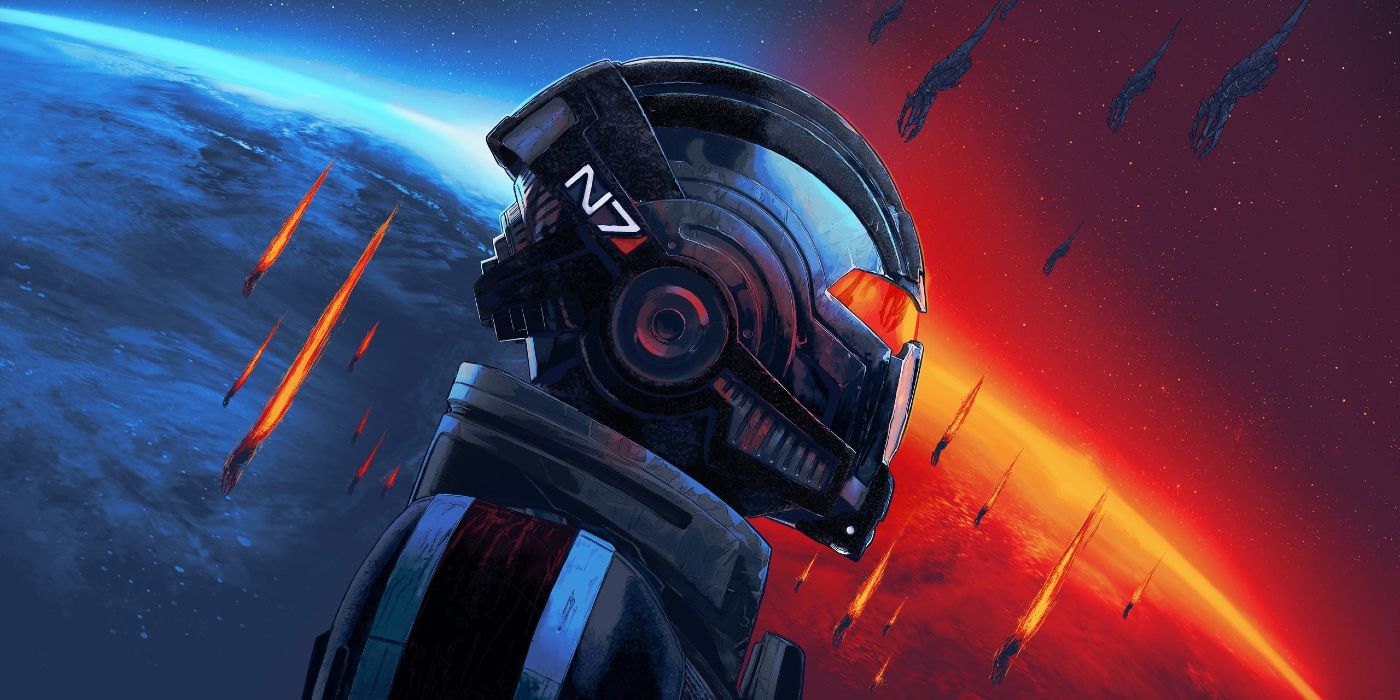It's normal to see books set within the universes of fantasy and sci-fi franchises to expand upon their lore. Similar to the Star Wars and Halo novels, The Elder Scrolls have released a number of novels set on the planet of Nirn, and the Dragon Age novels have been well-received among BioWare fans. In The Witcher's case, the beloved gaming series is actually based on a series of books that are sometimes regarded as some of the best that the fantasy genre has to offer.
BioWare's other flagship series, Mass Effect, has also had a number of novels released under its name. However, unlike the Dragon Age books, the Mass Effect novels have released to mixed reception, depending on the book in question. Still, the space opera series has accrued many hard-core fans looking for more of the universe's lore, whether it be the many planets that Commander Shepard can travel to or the alien races that live on their surfaces. For those looking for more content, some of the Mass Effect books might be worth giving a go.
The Mass Effect (Book) Trilogy and Andromeda Series
At the time of writing, a total of seven novels set in the Mass Effect universe have been released. Four of these novels revolve around the events of the original trilogy with Commander Shepard while the following three regard the events of Mass Effect: Andromeda. The first book, Mass Effect: Revelation, acts as a prequel to the trilogy, even releasing months before the first game. It follows Captain Anderson and Saren investigating a human research station. The book provides much of the background material for the games, such as lore on the Citadel.
Then, Mass Effect: Ascension takes place between Mass Effect 1 and 2, following a biotic prodigy who's being pursued by Cerberus. Similarly, Mass Effect: Retribution fills the gap between Mass Effect 2 and 3 by following Cerberus's investigation of Reaper technology. Mass Effect: Deception takes place not long after that.
Overall, readers of the Mass Effect novels agree that the only ones "worth" reading are the first three: Revelation, Ascension, and Retribution. This is largely because they were all written by the same person, Drew Karpyshyn, a BioWare writer who worked on Mass Effect 1 and 2. He's also well-known for his work on Star Wars: KOTOR and the Star Wars novel Darth Bane: Path of Destruction, which is highly regarded by fans of George Lucas's epic franchise. However, Karpyshyn would leave BioWare in 2012, return in 2015, then depart once again in 2018, the reason why he only wrote the first three Mass Effect books. He would later go on to say that BioWare's culture had changed over the years, resulting in a declining quality of its games, an opinion held by many gamers. However, when he joined an internal studio at Wizards of the Coast, he expressed that the "magic in the air" reminded him of the early days at BioWare.
The fourth Mass Effect novel, Deception, was written by a different author, and fans swear up and down that it's not worth the time. Readers found many discrepancies and continuity errors within the book and catalogued it in a massive Google Doc, resulting in BioWare issuing a public apology for the publication.
As for the Mass Effect: Andromeda book series, which includes the titles Nexus Uprising, Initiation, and Annihalation, they were met with mixed reception. Some critics were bewildered that the game's writing was as lukewarm compared to the first novel, while others felt that the books were weak, albeit not terrible like Deception. Still, they managed to expand upon the events that occurred in Andromeda without needing prior knowledge of the world. Though it may add context for long-time fans, critics say they may not be the best for newcomers to the Mass Effect franchise.
Mass Effect: Legendary Edition is out now for PC, PS4, and Xbox One.


